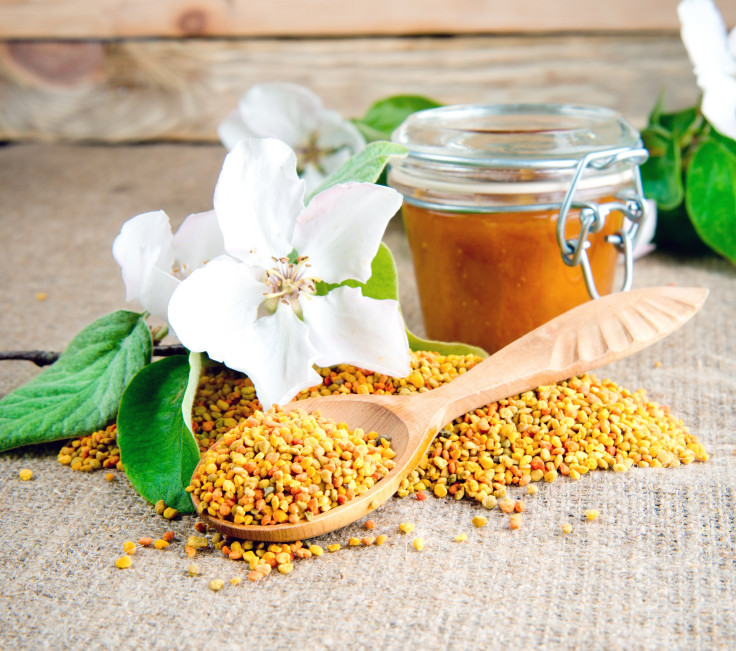FDA Warns Bee Pollen Weight Loss Products May Contain ‘Hidden’ And ‘Dangerous’ Ingredients

The U.S. Food and Drug Administration (FDA) released a warning about weight loss products containing bee pollen, noting that they can actually be harmful and are a “dangerous scam.”
These products may contain “hidden” and “dangerous” ingredients, particularly for people suffering from high blood pressure, an irregular heartbeat, and bipolar disorders, according to the FDA’s national health fraud coordinator, Gary Coody. “When people buy these tainted bee pollen weight loss products, they are unknowingly taking one or more hidden drugs that have been banned from the market,” Coody said in a press release.
One particular bee pollen product was targeted by the FDA this spring: Zi Xiu Tang Bee Pollen capsules were marketed for weight loss and body reshaping, but were found to contain an active pharmaceutical ingredient not listed on the label. The FDA reported several events associated with the capsules, such as heart palpitations, tachycardia, suicidal thoughts, chest pain, anxiety, and diarrhea. “Products that contain hidden drugs pose a real danger to consumers," Carol Bennett, acting director of the Office of Compliance in the FDA’s Center for Drug Evaluation and Research, said in the press release. “This is especially true when the products have names that mislead consumers into believing they are safe and natural.”
Other products the FDA singled out as being potentially dangerous include: Ultimate Formula, Fat Zero, Bella Vi Amp’d Up, Insane Amp’d Up, Slim Trim U, Infinity, Perfect Body Solution, Asset Extreme, Asset Extreme Plus, Asset Bold, and Asset Bee Pollen.
Despite hype over the potential “health benefits” of this so-called “super food,” evidence doesn’t entirely line up with some enthusiasts’ claims that bee pollen assists in nutrition, suppressing appetite, improving athletic performance, and preventing joint pain. Other claims include preventing premature aging, treating mouth sores, hay fever, prostate issues, and radiation sickness. There is no scientific evidence that consuming bee pollen as a dietary supplement actually boosts your performance or helps prevent certain conditions; in fact, bee pollen has been linked to adverse effects such as anaphylaxis.
"Initially reported in 1979 in the Journal of Allergy and Clinical Immunology, the risk of a severe allergic reaction is a real and scary side effect of a supplement that is lacking real clinical evidence to support its uses in traditional medicine," Dr. Mike Roussell, a nutritional consultant for athletes and food companies, writes on Shape. "This unbalanced relationship between the potential cost-benefit and lack of solid clinical evidence for the benefit of bee pollen takes it off my list of potential supplements for my clients to use, in pill form or added to smoothies as a 'boost.'"
Published by Medicaldaily.com



























